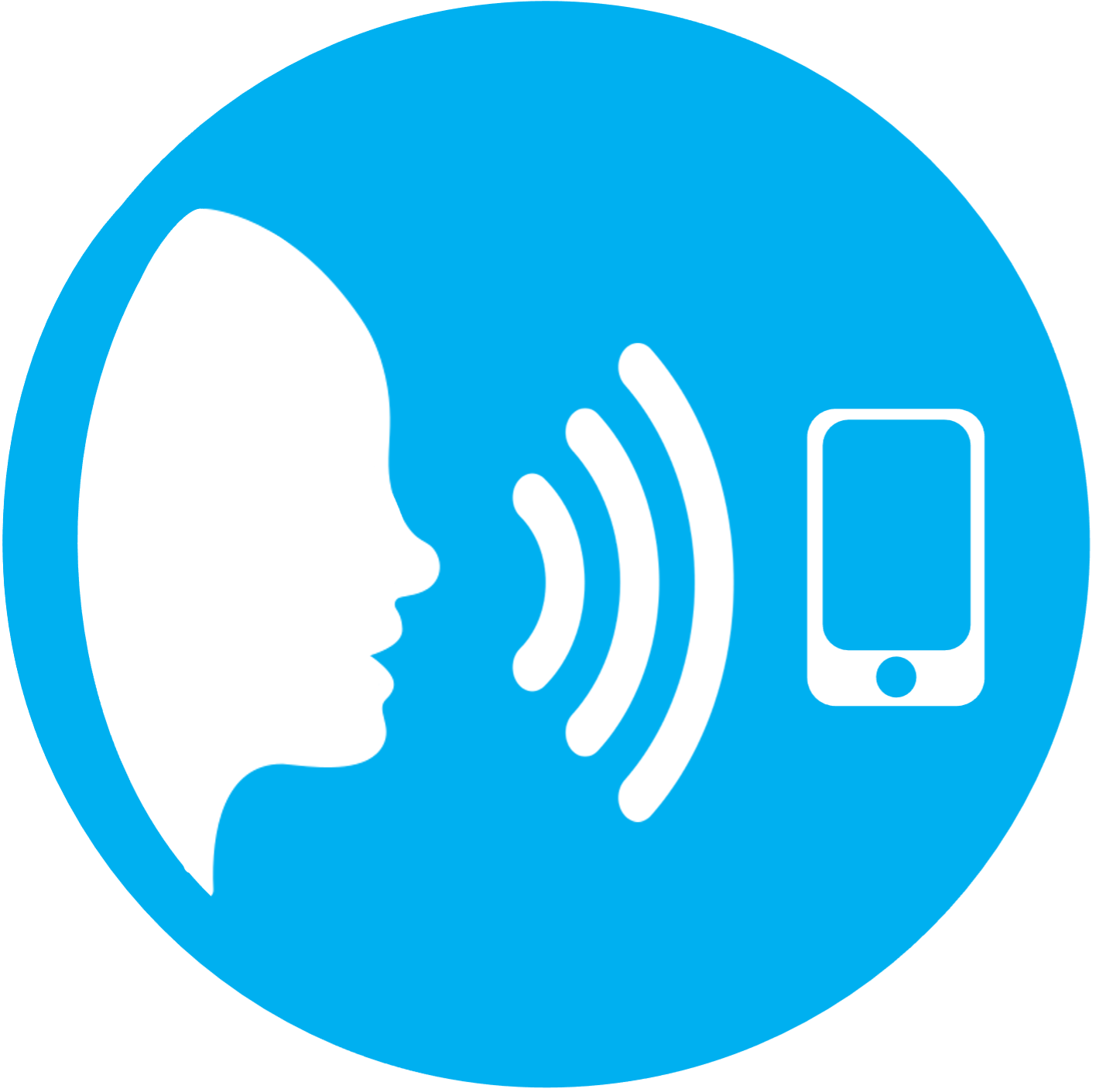Vocallect: Detecting Speech Biomarkers of Communication Disorders

Overall Aim: To understand and classify the impacts that communication disorders may have on speech production and acoustic quality.
Team Members: Kenny Nguyen, Daniel Low, Satra Ghosh
Questions we are trying to answer:
- Can voice recordings be used to diagnose communication disorders and voice health?
- Are there disorder-specific acoustic biomarkers?
- Can we crate more easily accessible, home-based screening and tracking tools?
Collaborators: Phillip Song
Communication disorders adversely impact productivity, reduce quality of life, and may be associated with life-threatening malignancies or neoplasms. The majority of communication disorders are diagnosed by a surgical specialist based on a laryngeal exam. Overlap in identifiable symptoms are common, however, leading to a degree of subjectivity in their diagnosis. Additionally, these clinics are also not readily accessible in many regions.
Our study is interested in exploring alternative methods for diagnosing communication disorders. Advances in technology and smartphones have led to suggestions that voice recordings, which hold rich information on vocal tract physiology, may be used to distinguish between different disorders. Thus, we hope to collect to acoustic samples of communication disorders to understand and delineate disorder-specific acoustic biomarkers. Doing so may allow for the development of more easily accessible, home-based screening tools for the diagnosis and tracking of communication disorders.